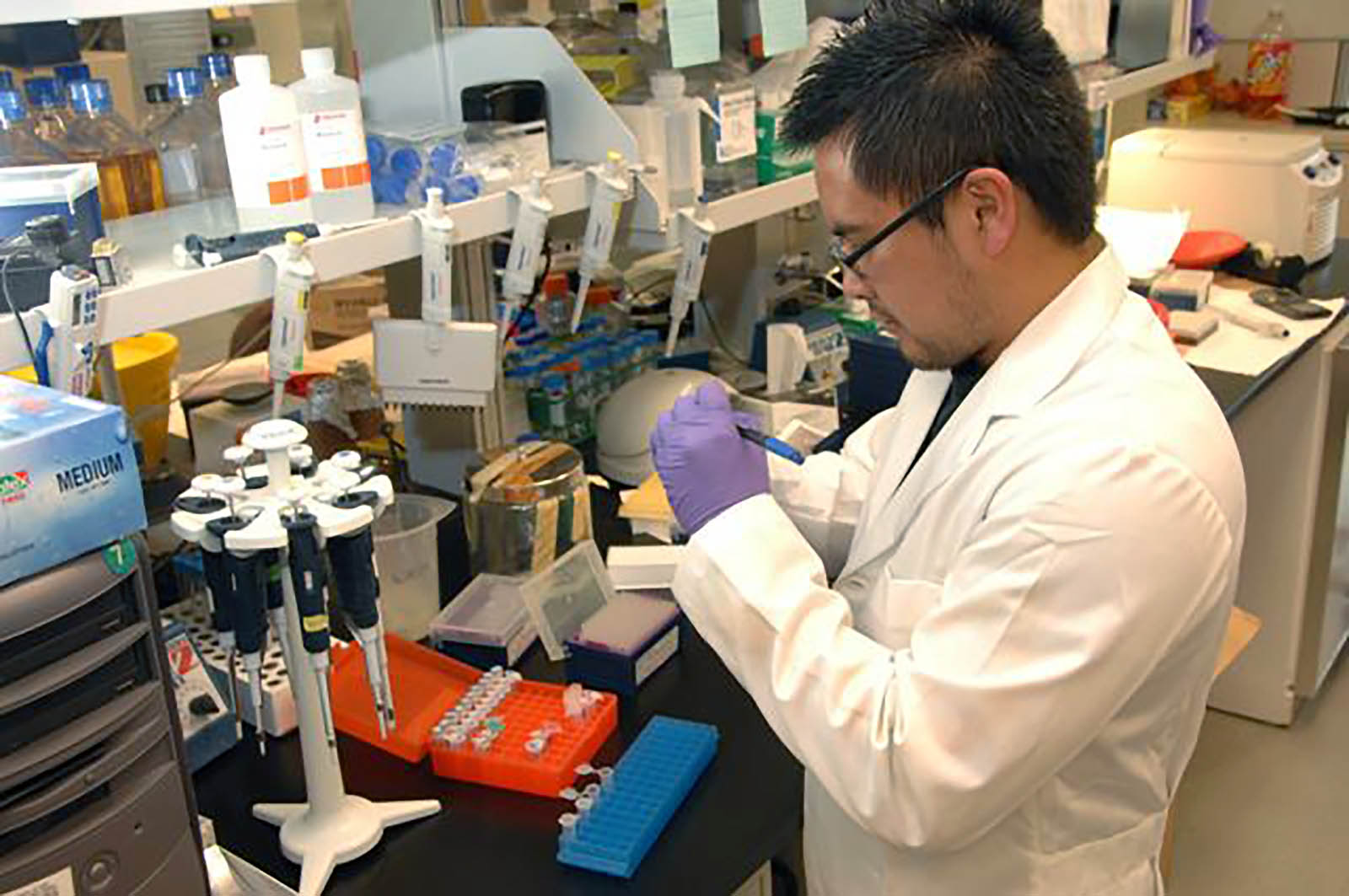May 2021 is Coeliac (Celiac – U.S. spelling) Awareness Month, a global event designed to raise awareness of the disease. Central to this are attempts to raise public knowledge on this often misunderstood, autoimmune disease.
The events are also geared to raising awareness of how the condition impacts on those struggling and living with it every day. The aim is also to encourage conversations that knock out common misconceptions and myths.
Looking at the condition is Dr. Vikki Petersen, Certified Clinical Nutritionist, Chiropractor and Certified Functional Medicine Practitioner.
Petersen has some useful insights into Coeliac Disease and some common misconceptions everyone should be aware of.
She tells Digital Journal: “Celiac disease is an autoimmune disease that affects the lining of your small intestine, causing inflammation, digestive distress, a decreased ability to absorb certain nutrients, and a propensity to develop other serious diseases.”
To help raise awareness of the disease, Dr. Petersen’s discusses four myths about Coeliac Disease. These are:
#1: Celiac Disease and wheat allergies are one-in-the-same
It is sometimes thought that celiac disease is the same as a wheat allergy. They are very different. Celiac is an autoimmune disease where one has to avoid gluten (wheat, rye, barley) for life. Celiac is quite common, affecting 1 percent of the population, making it one of the most common lifelong disorders in the U.S. and Europe. Wheat allergies are actually very rare.
#2: Small amounts of gluten won’t affect those with Celiac
A misconception is that a “bite” or “sip” of something containing gluten couldn’t possibly bother someone suffering from celiac disease. The fact is that the need to avoid gluten is not quantitative, but rather qualitative… meaning that a “crumb” of a bread crumb on a salad is enough to create very ill effects on someone with the disease.
#3: Gluten-free diet is a “fad”
A misconception is that avoiding gluten is a “fad” and not really necessary. Unfortunately, unhandled Celiac Disease (meaning the individual is not avoiding gluten completely) can lead to cancer (lymphoma), liver disease, thyroid disease, miscarriages, neurological diseases and more. Symptoms and long-term manifestations go far beyond an “upset stomach”.
#4: Gluten sensitivity is different from celiac disease
Celiac Disease, as we have said, is an autoimmune disease. The misconception that gluten sensitivity is not a “real” condition has been debunked by a number of world-renowned researchers. What both conditions have in common is the need to remove all gluten from one’s diet.














